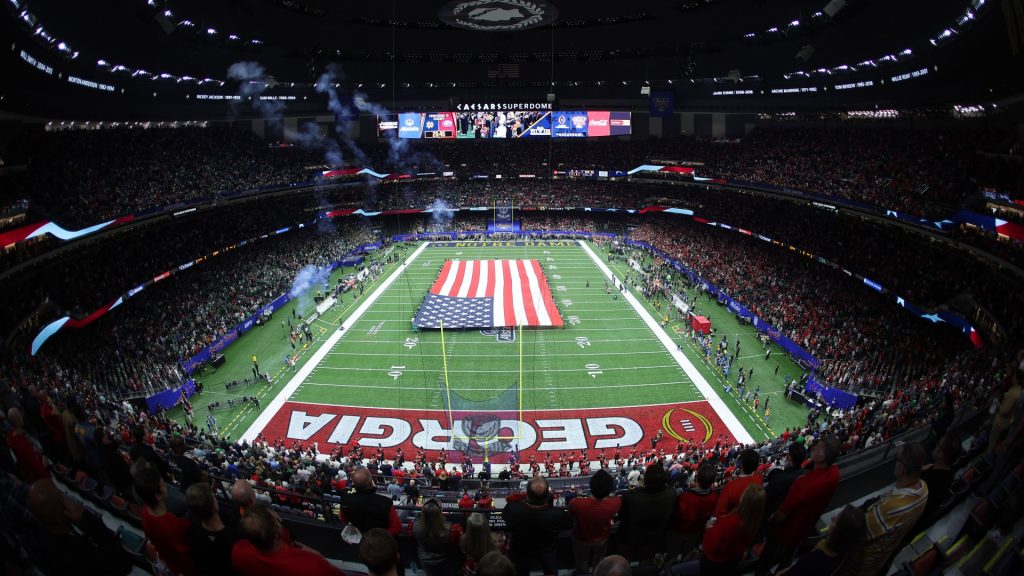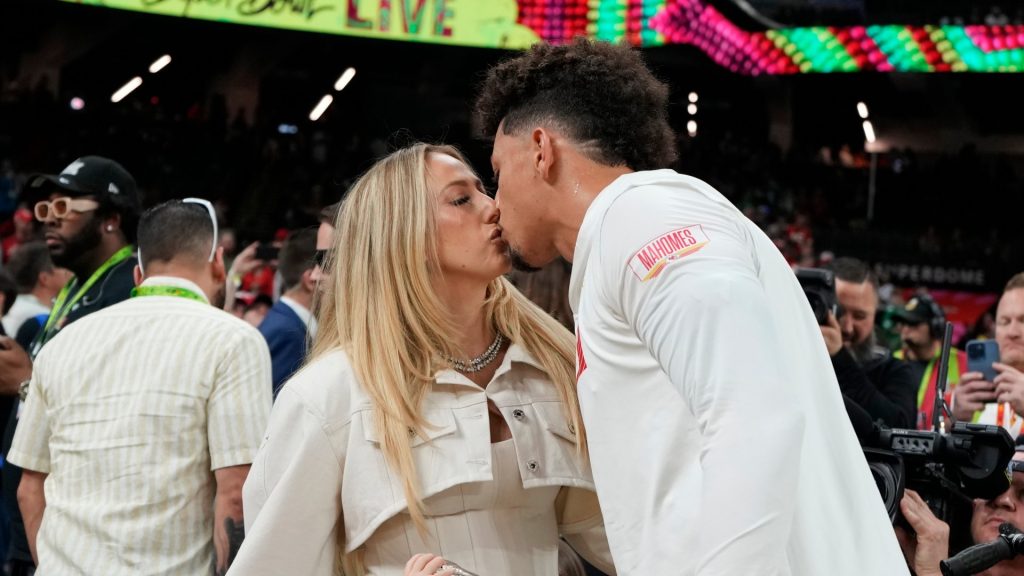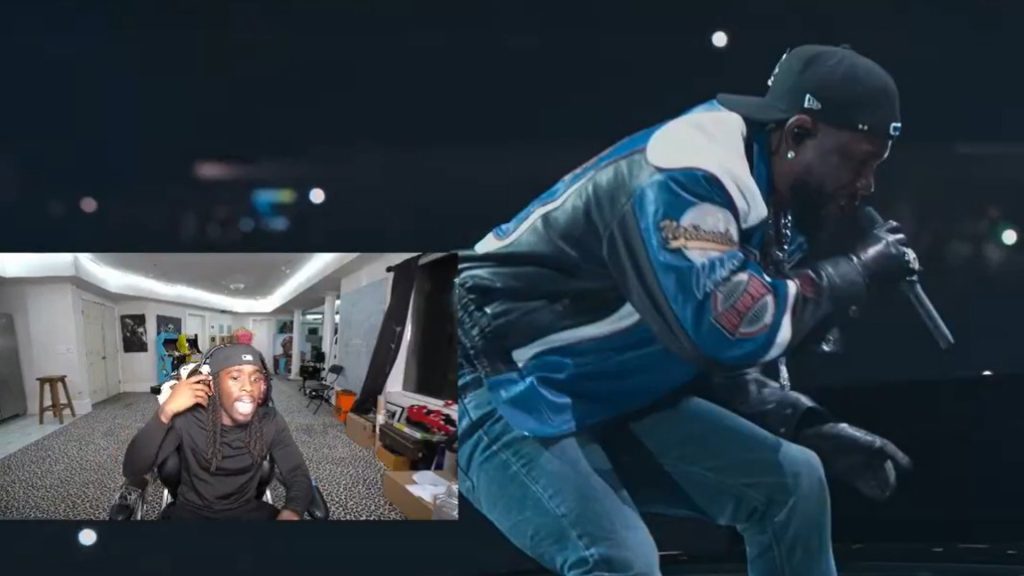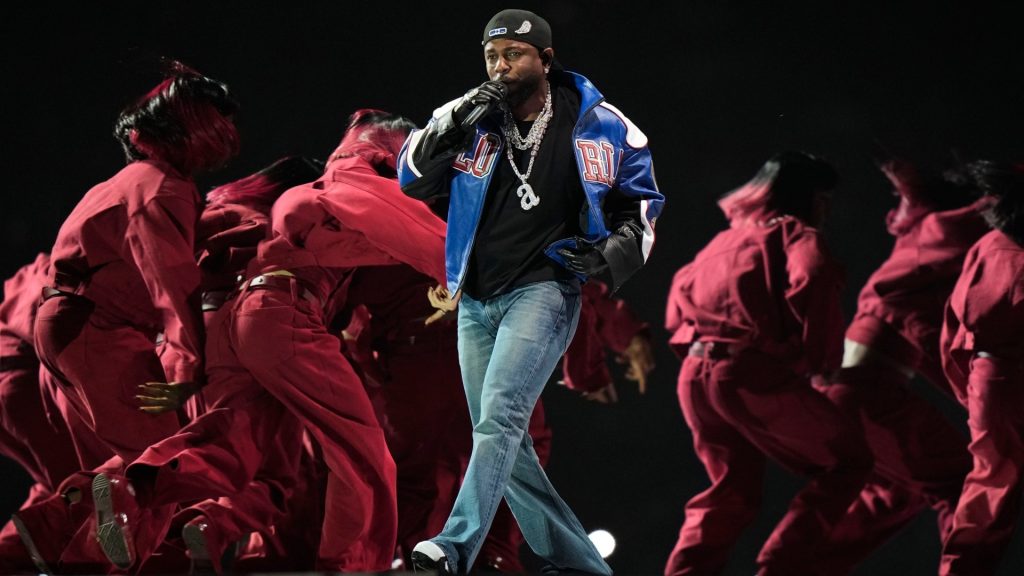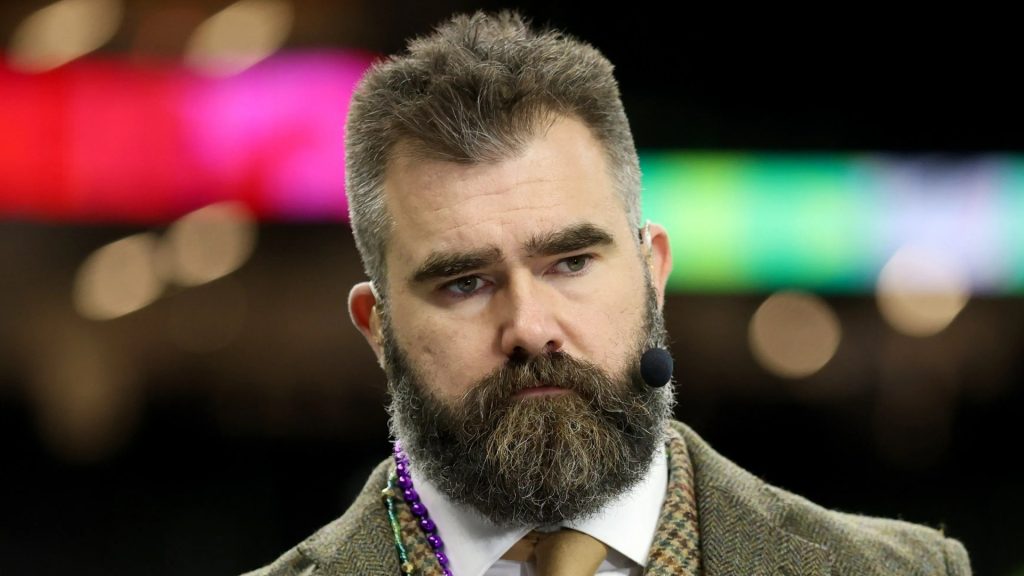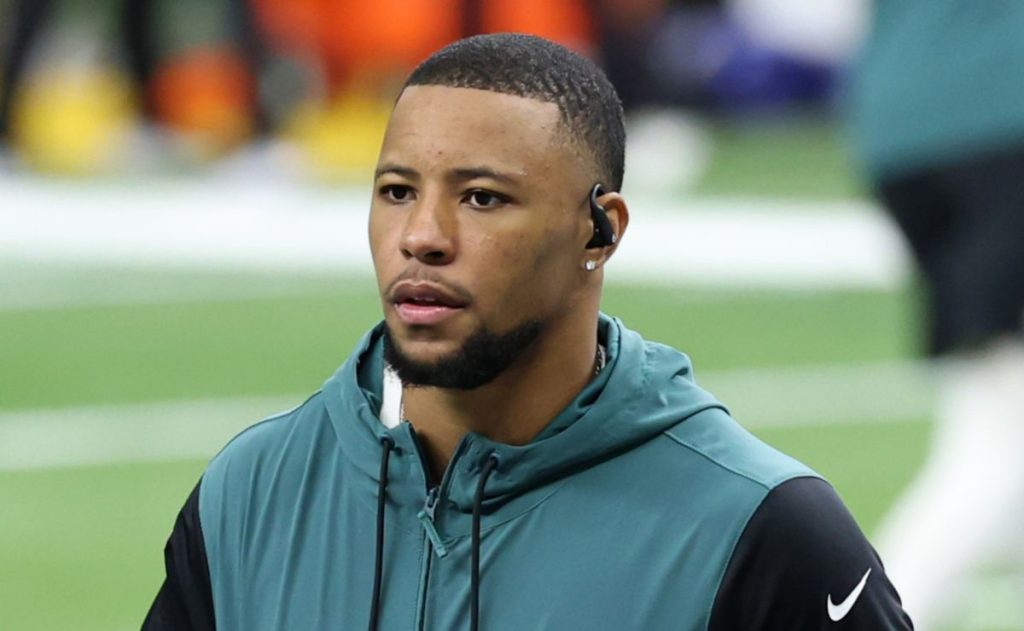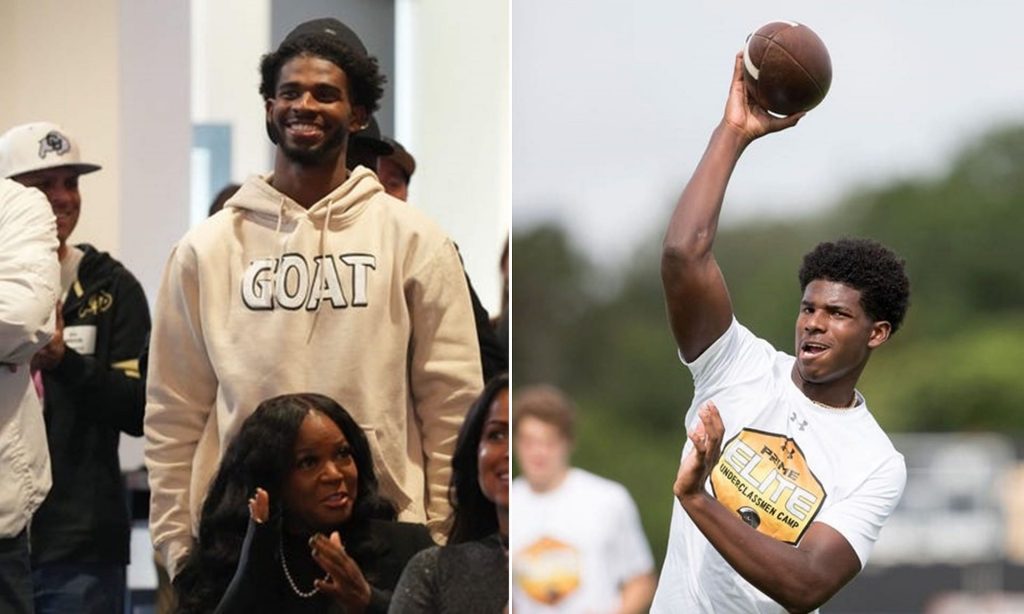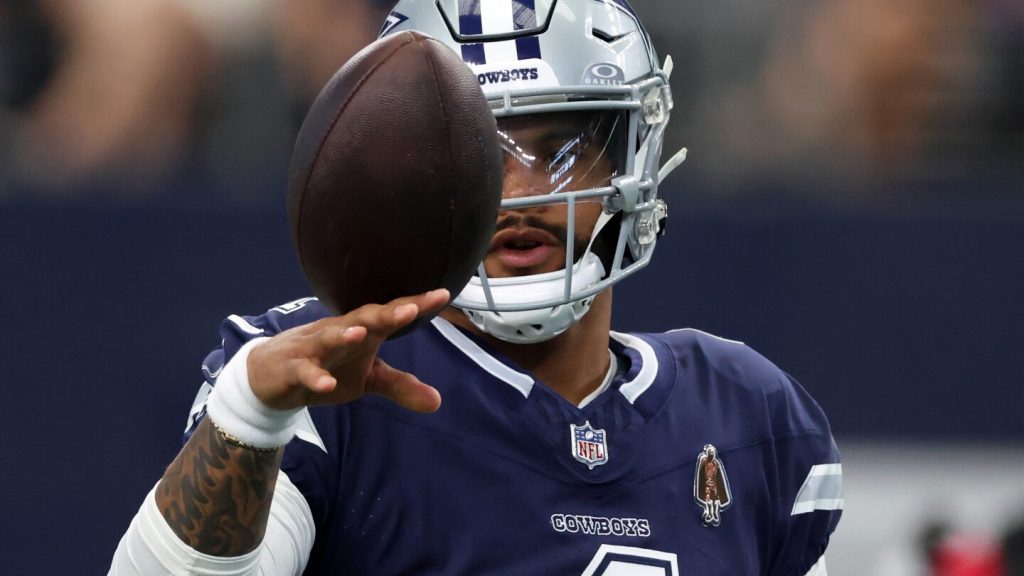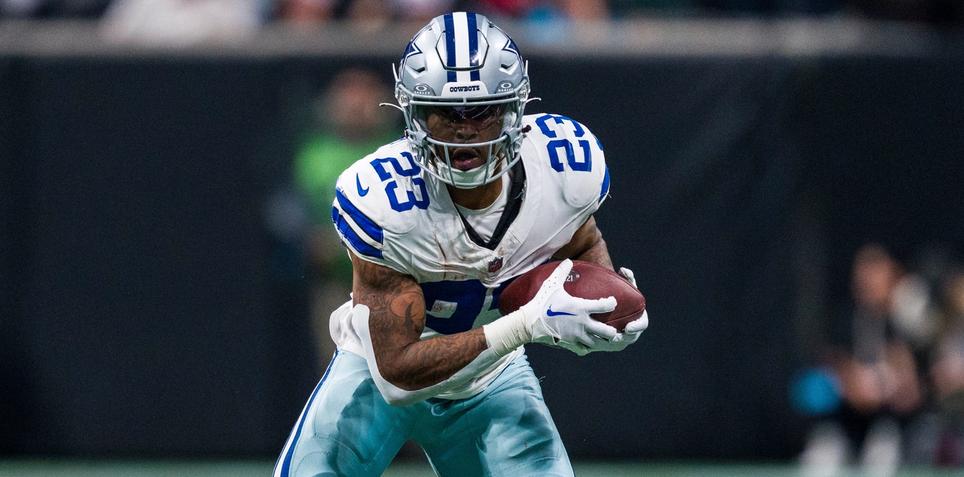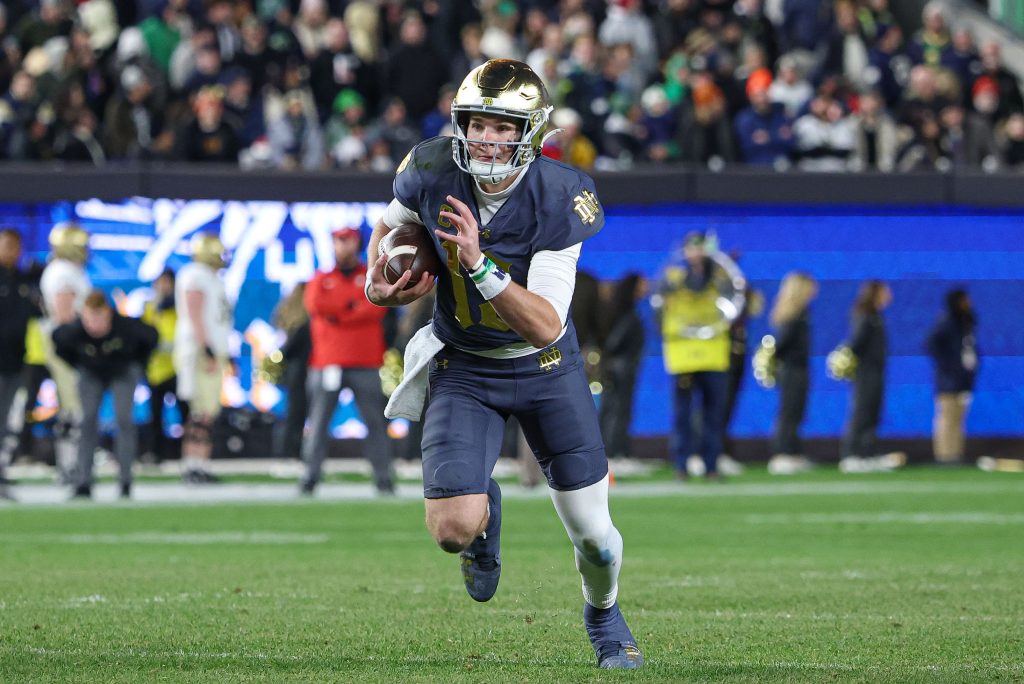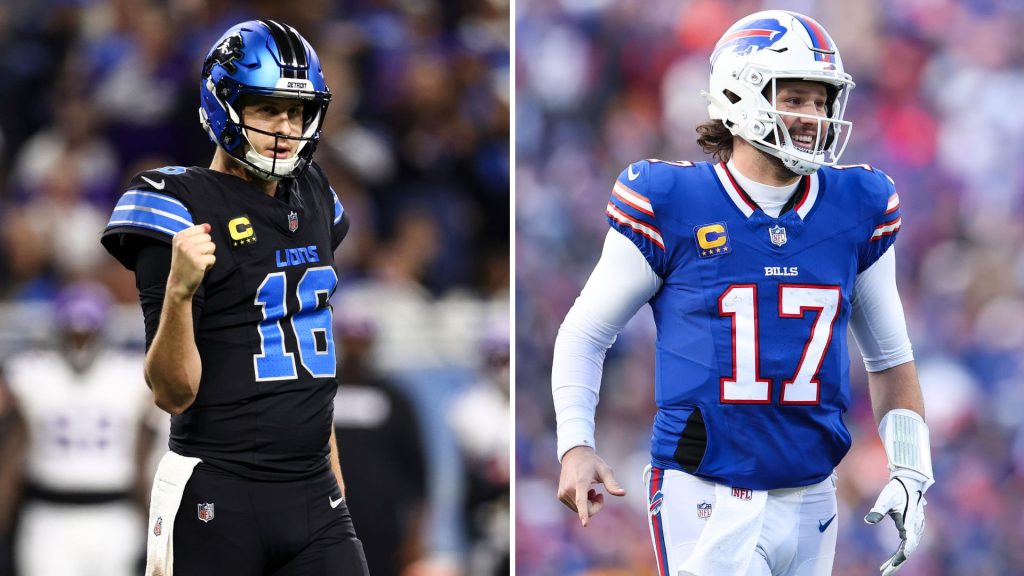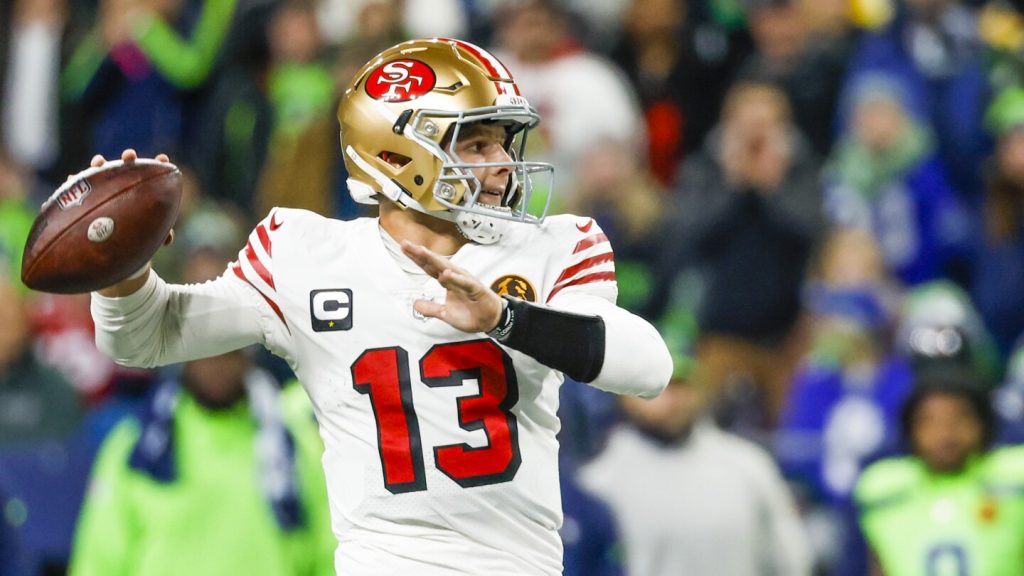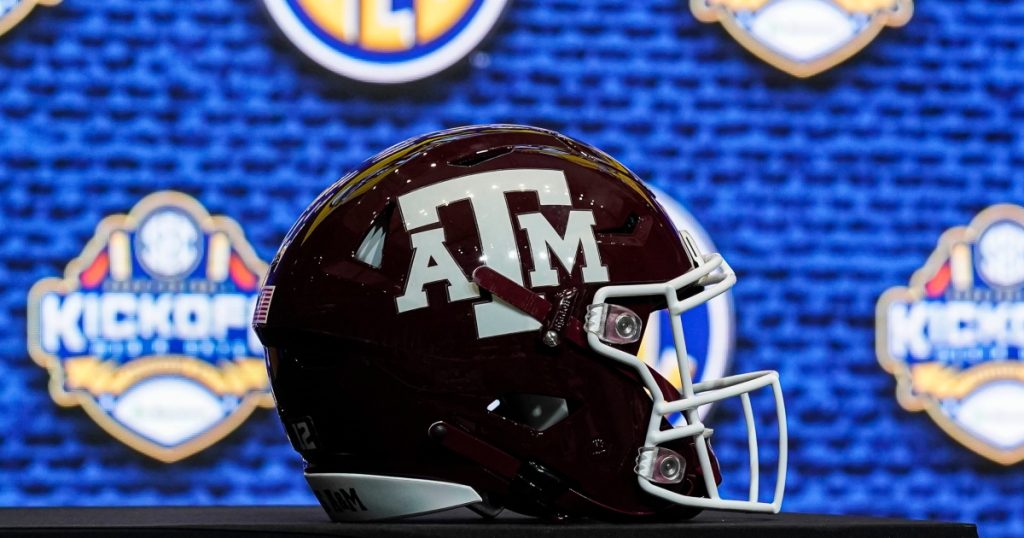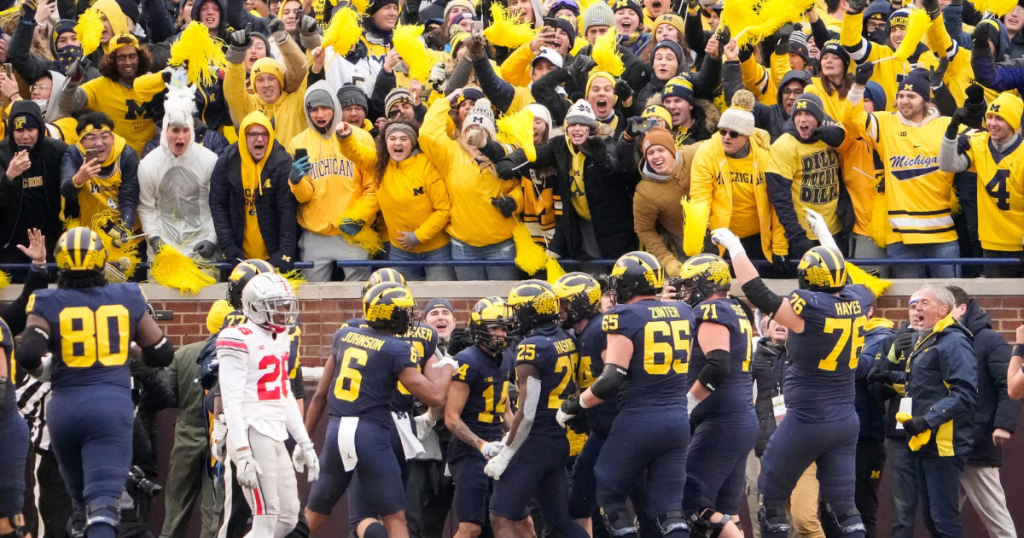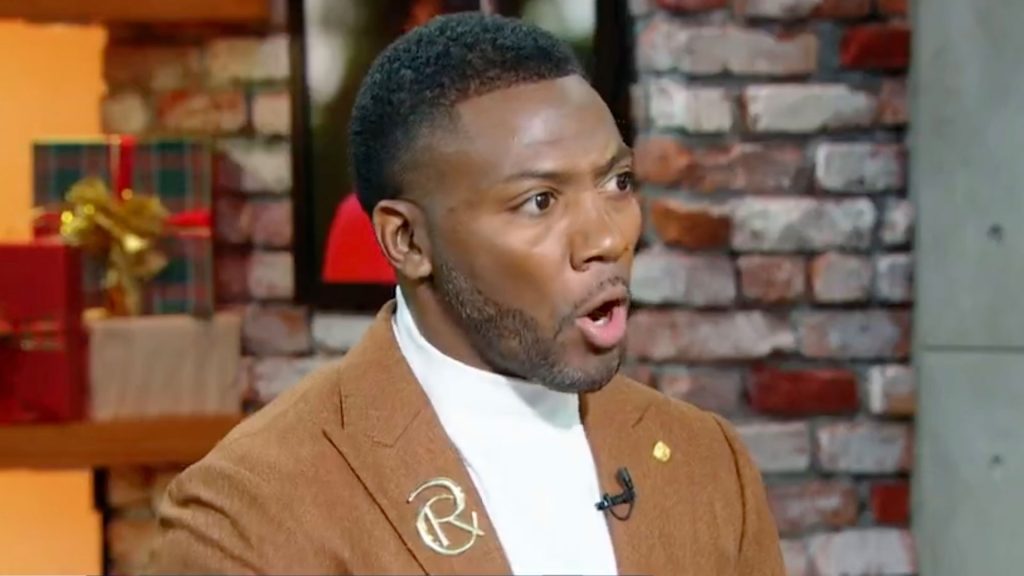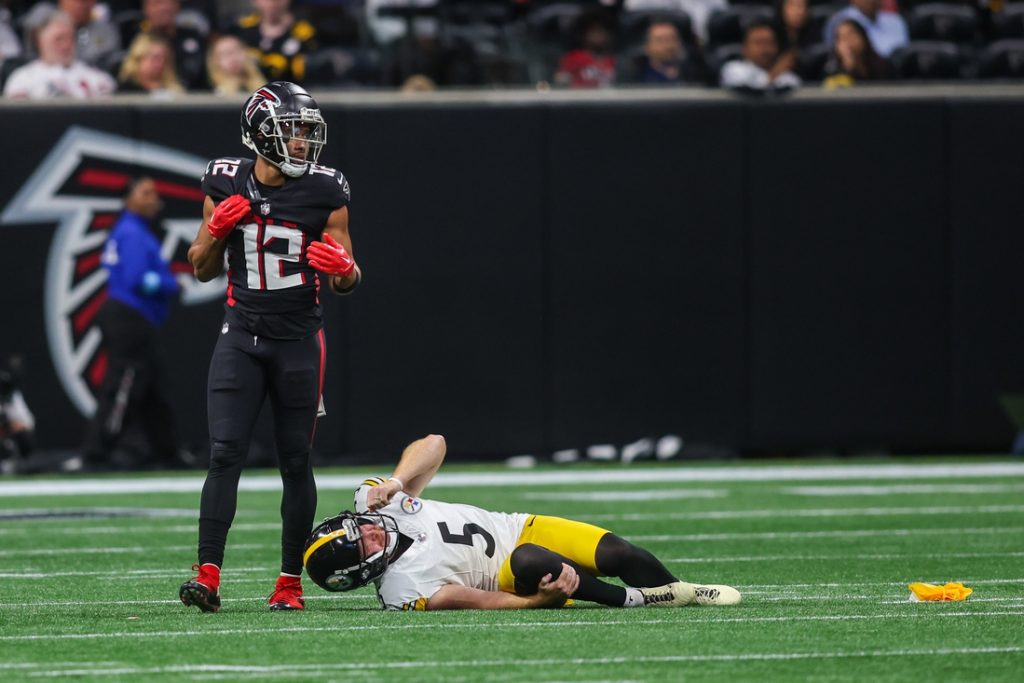The recent Sugar Bowl held at the Superdome in New Orleans was marred by a tragic incident that unfolded just hours before the game. On New Year’s Day, a horrific act left fourteen people dead and thirty-five injured when a driver deliberately plowed a truck into a crowd celebrating on Bourbon Street. This shocking event prompted officials to increase security measures and ultimately delayed the Sugar Bowl by a day to ensure the safety of all attendees.
The game kicked off on January 2, and the atmosphere was charged with emotion as fans gathered to witness the spectacle. However, the broadcast of the event took a controversial turn when ESPN decided to skip the live airing of the national anthem and a moment of silence dedicated to the victims of the tragedy. This decision sparked outrage among viewers, who felt that the network had missed a critical opportunity to honor those affected.
In response to the backlash, ESPN’s boss, Burke Magnus, openly acknowledged the error, calling it "an enormous mistake." During an interview, he expressed regret over the network’s failure to properly handle the sensitive situation. "There are a group of people in Bristol who just made an enormous mistake," he stated. "It was a human error, it happens." Magnus emphasized that the circumstances surrounding the event were anything but normal, but he recognized that the oversight was unacceptable.

The Sugar Bowl, played in a tense atmosphere, was not only a showcase of athletic talent but also a moment for the community to come together in the wake of tragedy. The decision to bypass the national anthem and moment of silence was met with fierce criticism from fans and commentators alike. Many felt that ESPN’s choice reflected a lack of respect for the victims and their families.
Magnus elaborated on the circumstances leading to the error, stating, "I could give you a whole host of reasons why it was not the normal circumstance, but at the end of the day, that was just a horrible error that was made by a group of really well-intentioned people." He further acknowledged that the network should be held accountable for its missteps. "We want to be as good as we can possibly be at all times, and even though it was not a normal situation, our traffic got fouled up, our timing got fouled up, we happened to be in commercial break when the anthem happened."
The fallout from this incident extended beyond just viewer outrage. ESPN’s ratings for the semifinals of the college football playoffs saw a 17% decline compared to the previous year. The two games, played on consecutive nights, attracted an average of 19.2 million viewers, down from 23.2 million in 2023. Notably, Ohio State’s victory over Texas in the Cotton Bowl drew 20.6 million viewers, while Notre Dame’s win against Penn State in the Orange Bowl was watched by 17.8 million.
As fans reflect on the Sugar Bowl and the events surrounding it, many are left wondering how such a significant oversight could occur in a time when sensitivity and awareness are paramount. The emotional weight of the game, combined with the tragic backdrop, created a unique atmosphere that should have been honored through the broadcast.
The decision to skip the national anthem was not just a programming error; it was a missed opportunity to unite fans in a moment of respect and remembrance. In a world where sports often serve as a refuge from the chaos of everyday life, the Sugar Bowl was a chance to come together, not just to celebrate football, but to honor lives lost and show solidarity with the community.
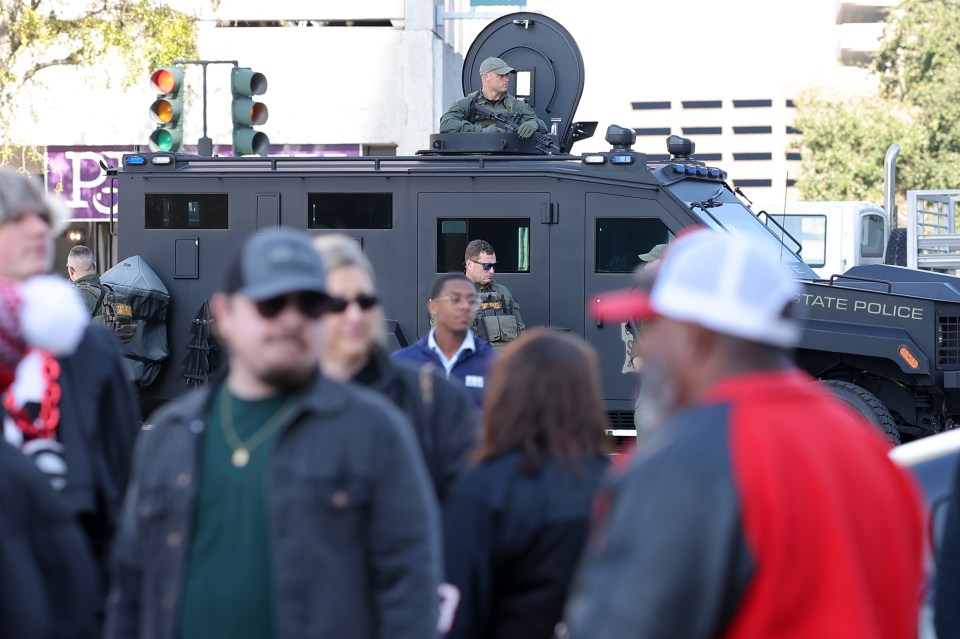
In the end, the Sugar Bowl was a reminder of the power of sports to bring people together, but also of the responsibility that comes with broadcasting such events. As Burke Magnus put it, "It was just not good by any measuring stick and not up to our standards." The hope is that moving forward, networks will prioritize honoring the significance of these moments, ensuring that respect and remembrance take center stage, especially in the wake of tragedy.
As the NFL and college football seasons continue, fans will be watching closely, not just for the scores and highlights, but for how networks choose to handle the moments that matter most. Will they rise to the occasion and ensure that respect is shown when it counts? Only time will tell, but one thing is clear: the stakes have never been higher.

